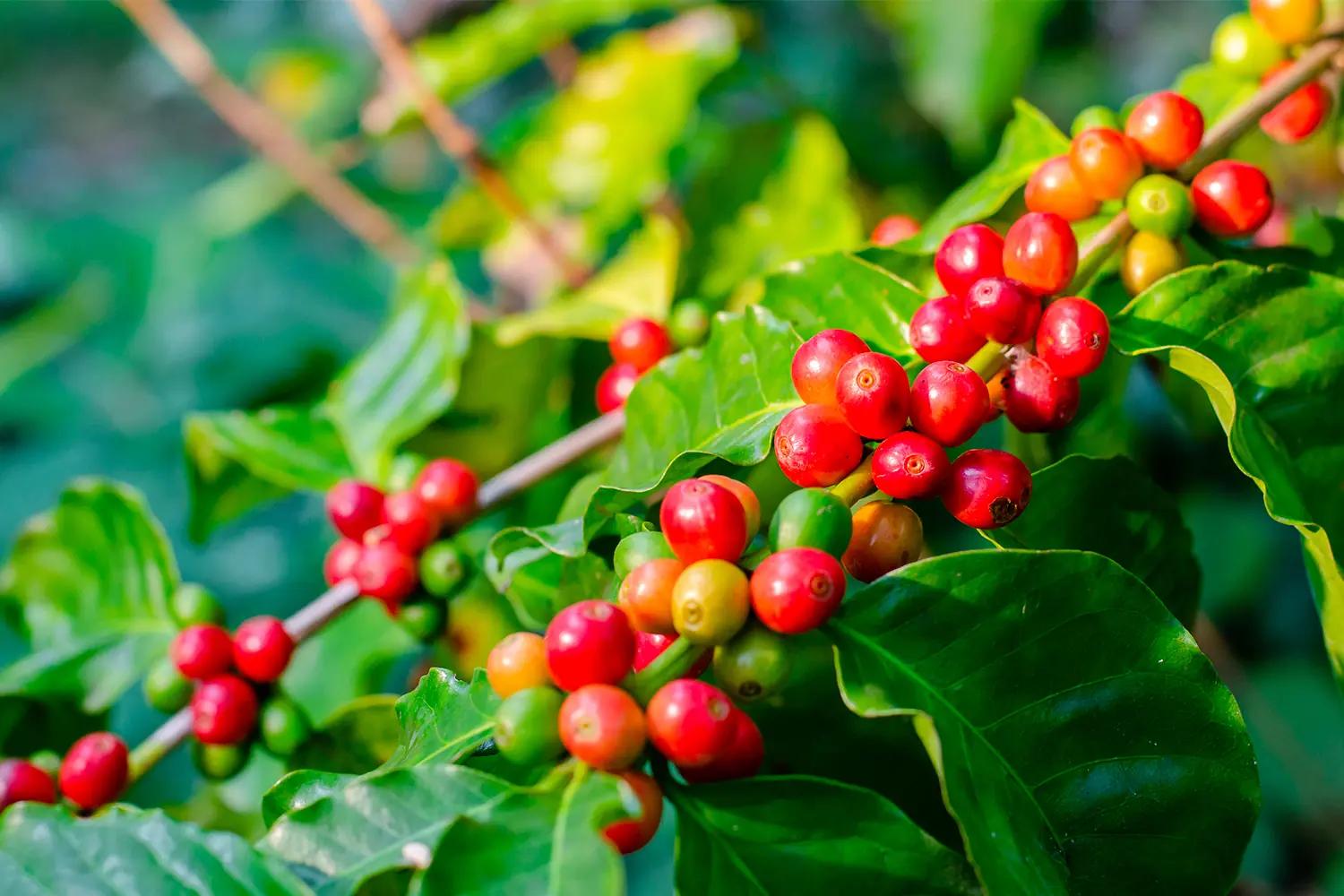
Plant new trees, get ethical coffee

Supporting Dona Lucero Coffee to plant trees means you're directly backing Guatemalan women entrepreneurs and contributing to the creation of sustainable ecosystems. It's a dual-purpose gift: a tree planted in the right place and an ethical cup of coffee. Ideal for your corporate events and gifts, both for your valued customers and dedicated employees.
Empowering 80 coffee workers in Huehuetenango
Despite their significant contributions to coffee production, many women lack access to their earnings, often relying on their husbands for expenses.
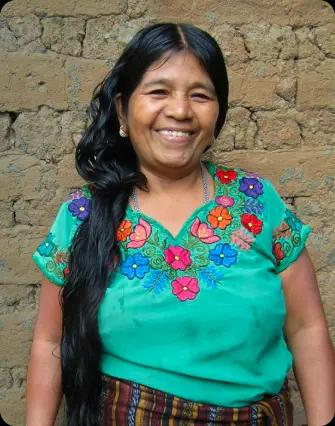
"I may not have a diploma or a professional title, but I have experience. As women, we have the right to participate and organize ourselves, even when facing denials. I strongly believe in forming an association and empowering ourselves."
The Coffee Doña Lucero project aims to provide fair wages, resulting in nearly a 50% increase in their income compared to selling coffee locally.
The numbers of the project
60.8% of Petén's population has an annual per capita income of less than 10,218 quetzales (EUR 1,135), a percentage that rises to 73.8% in Huehuetenango, according to the latest National Living Conditions Survey published in 2014.
2020
50%
80
* Fonte: Asier Vera Santamarìa, El Paìs (2021). Una plataforma virtual permite apadrinar árboles para combatir el hambre, (elpais.com)
The stages of the project
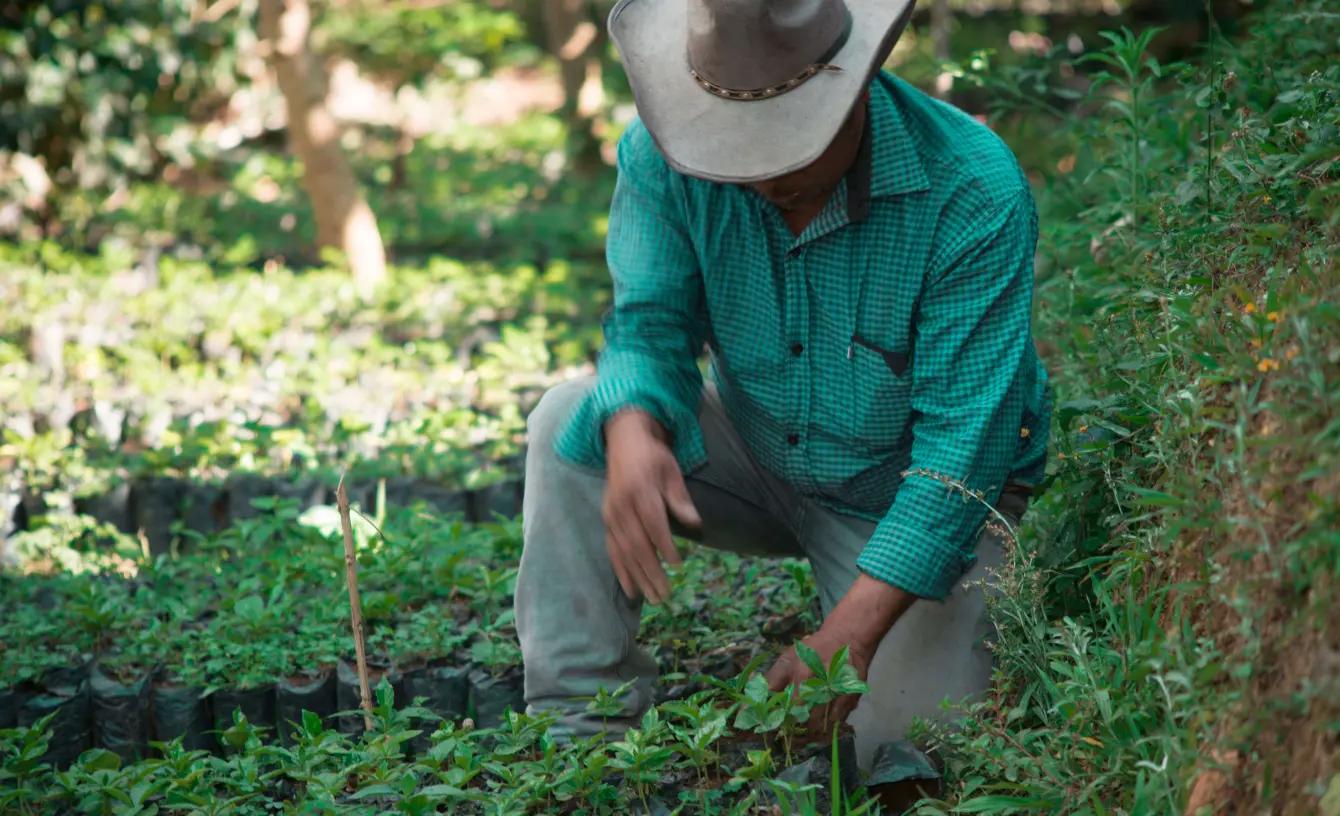
The Region
Petatán is a province nestled in the mountains of the Huehuetenango region in the western part of Guatemala. Passed down through generations, the cultivation, processing, and sale of what's known as pure highland coffee is the primary source of employment and sustenance for the local residents.

The project
The training for the participants includes providing agricultural materials, specialized technical support to improve coffee cultivation and harvesting techniques. The program's goal is to strengthen the women's group by enhancing their skills, raising awareness of their roles, and promoting effective resource management.
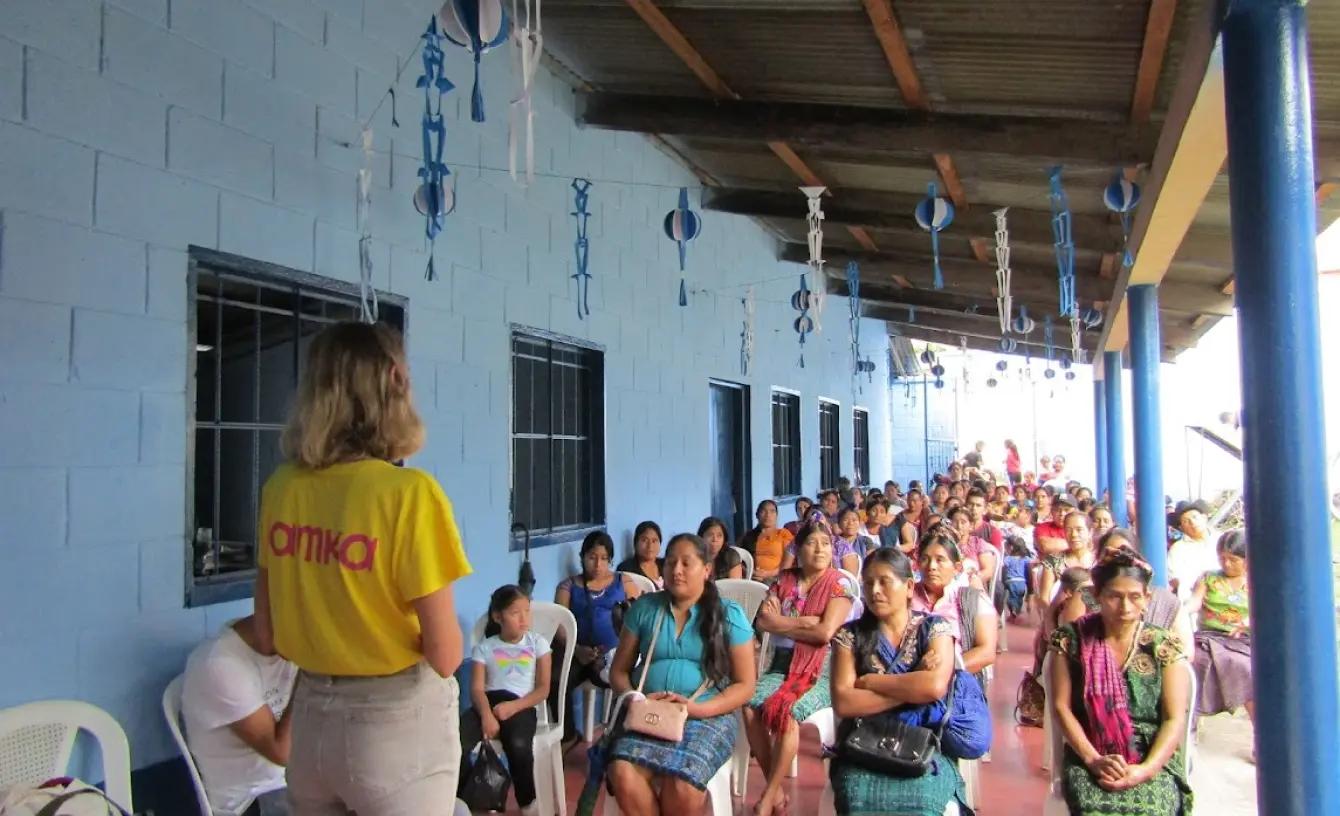
Product processing
After picking, the berries are stripped, where the red skin and pulp are removed. Many women use hand mills for this, either at home or in the fields. The beans are then soaked for a couple of days, carefully washed, and left to dry for about four to five days, often on rooftops or in house courtyards.
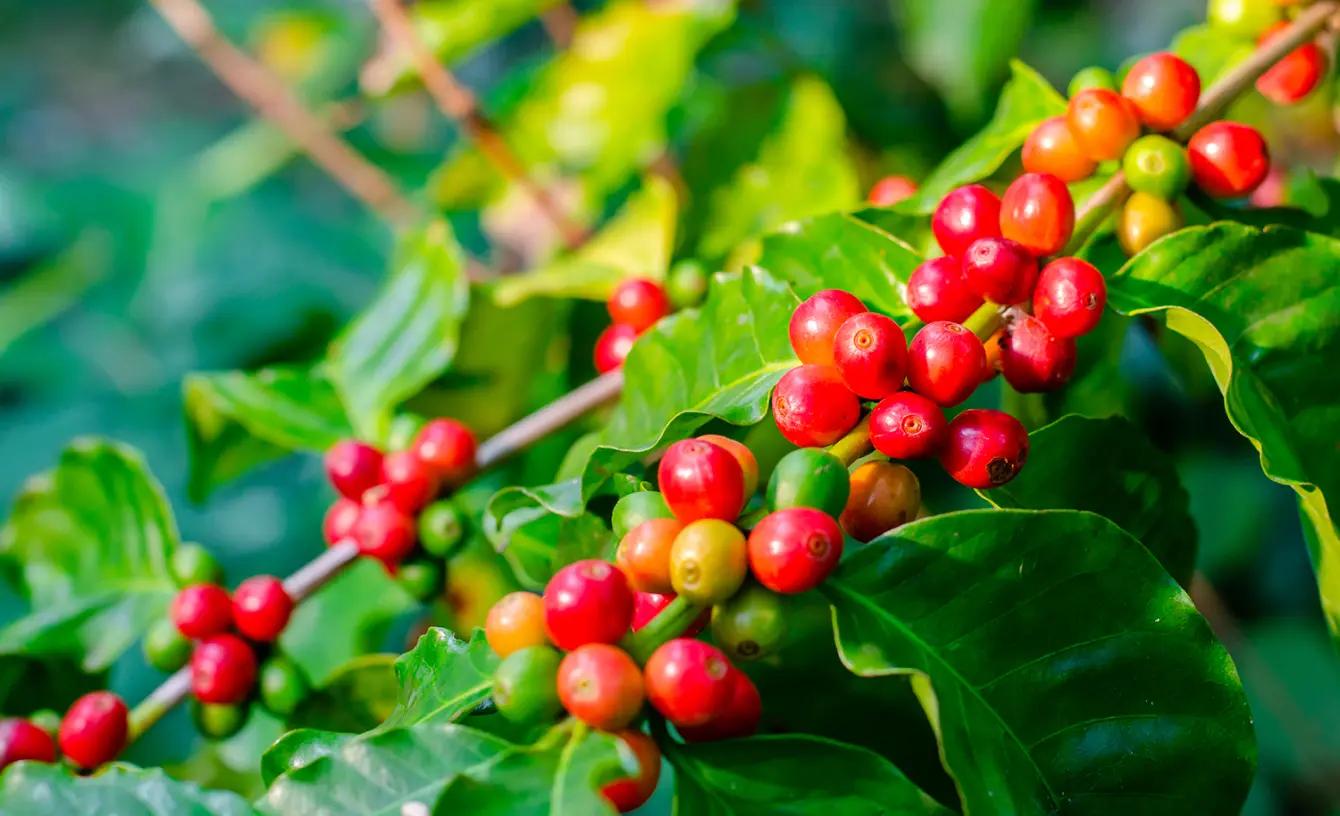
The caficultrices
The 80 coffee growers elected a leadership team with Doña Juanita as the president and four other women. This is just the first step toward a bigger goal: forming a collective or association. The most important impact of the project is inspiring them to organize, advocate for their rights, and strive for independence.
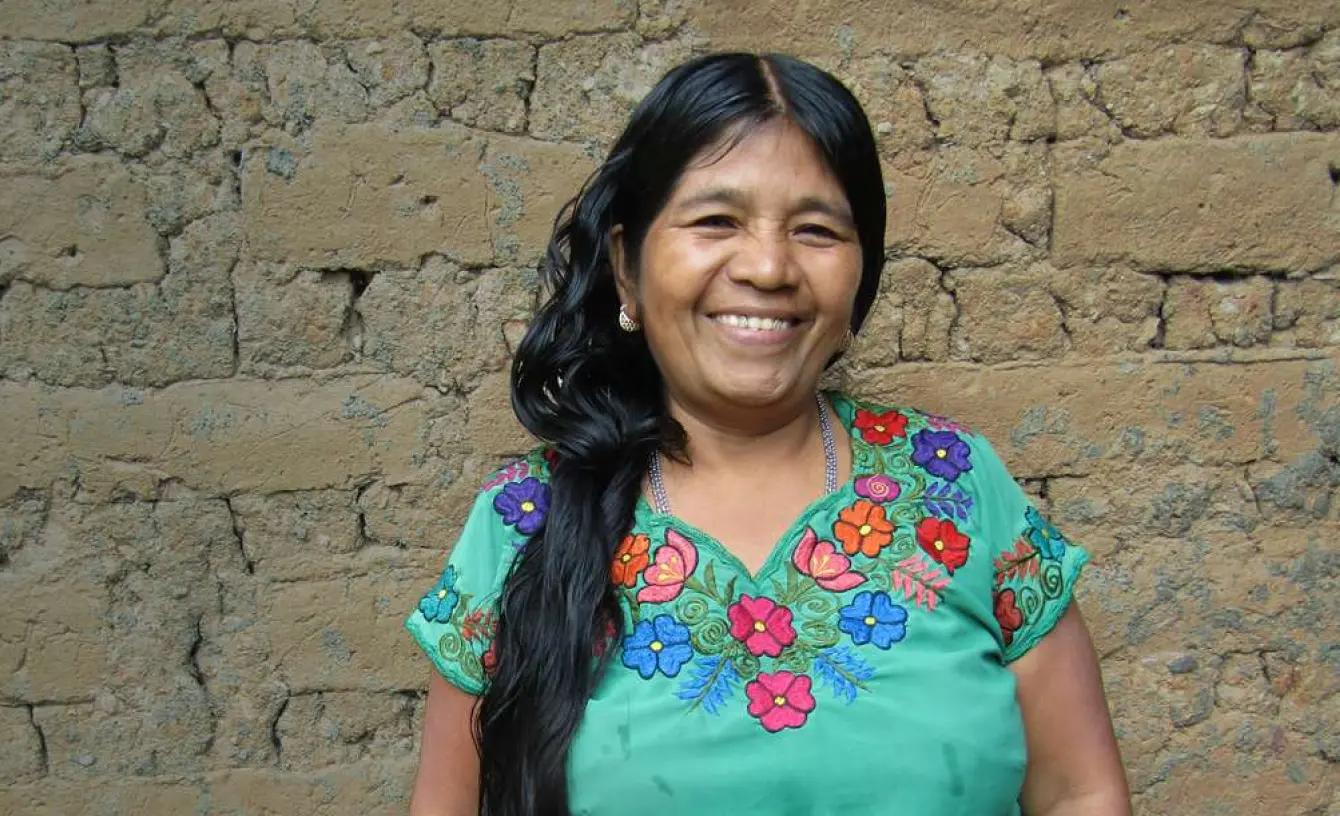
AMKA and Treedom

AMKA is a Non-Profit organisation active since 2001 in Africa, Guatemala and Italy. The collaboration with Treedom began in 2018 to plant fruit trees in the rural area of Petén in northern Guatemala, involving the communities of Nuevo Horizonte, Juleque, Sapote, El Barrio and Pato.
Treedom, an accredited B Corp, was founded in Italy in 2010 and has since planted more than 4 million trees with community support in 17 countries. Trees bring environmental benefits as well as social benefits.
Certified speciality coffee
CSC is able to guarantee the superior level of the blends marketed by its members by carrying out controls from plantation to cup. To this end, a series of procedures - drawn up precisely to achieve a certain and demonstrable quality standard - are implemented, involving all phases of the coffee production cycle.
Plant new trees, get ethical coffee
Supporting Dona Lucero Coffee to plant trees means you're directly backing Guatemalan women entrepreneurs and contributing to the creation of sustainable ecosystems. It's a dual-purpose gift: a tree planted in the right place and an ethical cup of coffee. Ideal for your corporate events and gifts, both for your valued customers and dedicated employees.


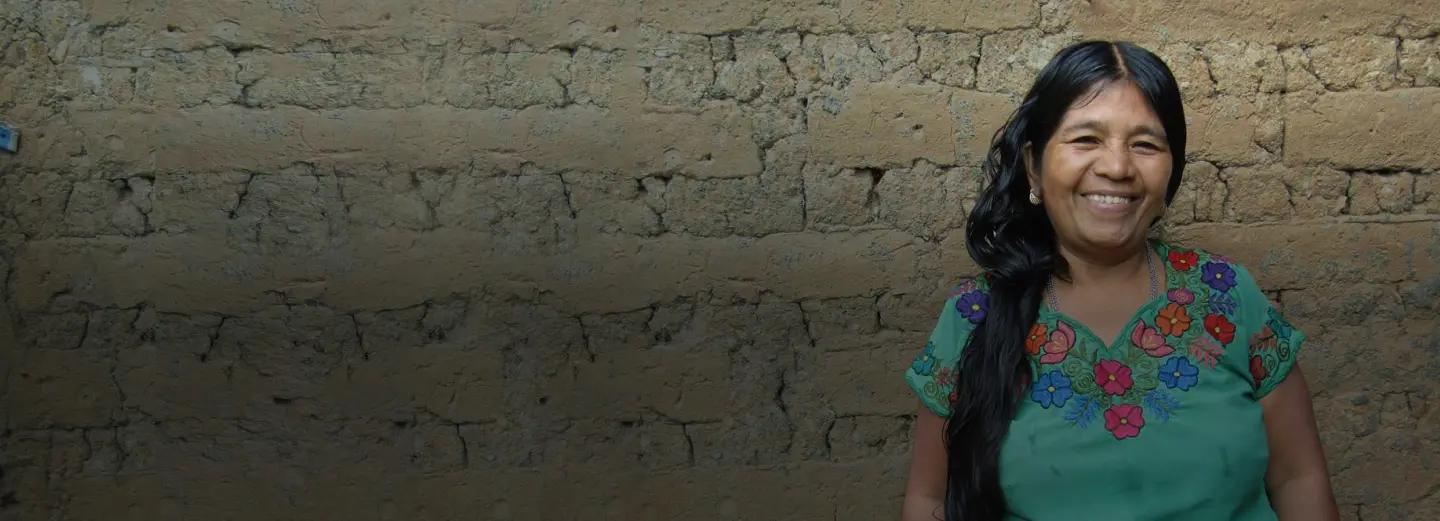
Empowering 80 coffee workers in Huehuetenango
Despite their significant contributions to coffee production, many women lack access to their earnings, often relying on their husbands for expenses.
The Coffee Doña Lucero project aims to provide fair wages, resulting in nearly a 50% increase in their income compared to selling coffee locally.
"I may not have a diploma or a professional title, but I have experience. As women, we have the right to participate and organize ourselves, even when facing denials. I strongly believe in forming an association and empowering ourselves."
The numbers of the project
60.8% of Petén's population has an annual per capita income of less than 10,218 quetzales (EUR 1,135), a percentage that rises to 73.8% in Huehuetenango, according to the latest National Living Conditions Survey published in 2014.
2020
50%
80
* Fonte: Asier Vera Santamarìa, El Paìs (2021). Una plataforma virtual permite apadrinar árboles para combatir el hambre, (elpais.com)
The stages of the project

The Region
Petatán is a province nestled in the mountains of the Huehuetenango region in the western part of Guatemala. Passed down through generations, the cultivation, processing, and sale of what's known as pure highland coffee is the primary source of employment and sustenance for the local residents.

The project
The training for the participants includes providing agricultural materials, specialized technical support to improve coffee cultivation and harvesting techniques. The program's goal is to strengthen the women's group by enhancing their skills, raising awareness of their roles, and promoting effective resource management.

Product processing
After picking, the berries are stripped, where the red skin and pulp are removed. Many women use hand mills for this, either at home or in the fields. The beans are then soaked for a couple of days, carefully washed, and left to dry for about four to five days, often on rooftops or in house courtyards.

The caficultrices
The 80 coffee growers elected a leadership team with Doña Juanita as the president and four other women. This is just the first step toward a bigger goal: forming a collective or association. The most important impact of the project is inspiring them to organize, advocate for their rights, and strive for independence.

AMKA and Treedom

AMKA is a Non-Profit organisation active since 2001 in Africa, Guatemala and Italy. The collaboration with Treedom began in 2018 to plant fruit trees in the rural area of Petén in northern Guatemala, involving the communities of Nuevo Horizonte, Juleque, Sapote, El Barrio and Pato.
Treedom, an accredited B Corp, was founded in Italy in 2010 and has since planted more than 4 million trees with community support in 17 countries. Trees bring environmental benefits as well as social benefits.
Certified speciality coffee
CSC is able to guarantee the superior level of the blends marketed by its members by carrying out controls from plantation to cup. To this end, a series of procedures - drawn up precisely to achieve a certain and demonstrable quality standard - are implemented, involving all phases of the coffee production cycle.